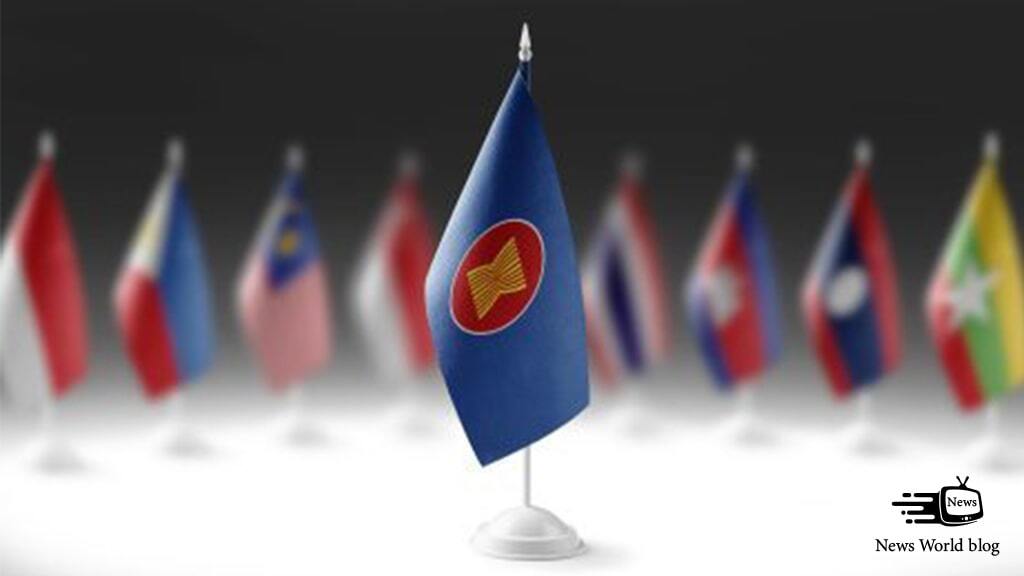A recent survey by the ISEAS-Yusof Ishak Institute sheds light on Southeast Asia’s evolving stance amidst the intensifying competition between the United States and China. The perception of China’s influence is on the rise, but a closer look reveals a more nuanced picture.
While China is now seen as the most influential economic and strategic power in the region, the survey also highlights a concerning lack of trust. Only around a quarter of respondents expressed confidence in China’s government. This apprehension stems partly from anxieties surrounding China’s growing military and economic might, which some perceive as a threat to regional sovereignty.
Interestingly, the survey also shows a rise in confidence towards ASEAN itself. This suggests a desire among Southeast Asian nations to forge a more independent path and strengthen regional unity. However, the path forward is not without challenges.
Hedging Strategies and Declining Trust in the US
The survey indicates a decline in trust towards the United States, particularly among Muslim-majority ASEAN members. This drop coincides with concerns regarding the recent Israel-Hamas conflict, where the US stance was viewed as overly supportive of Israel. Furthermore, doubts linger about US dependability due to domestic political issues and perceived policy inconsistencies.
The declining confidence in the US has led some Southeast Asian nations, particularly Indonesia, Brunei, and Malaysia, to tilt more towards China, at least economically. However, the Philippines, Vietnam, and Singapore appear to favor a strategic partnership with the US. This internal division weakens ASEAN’s ability to navigate the complex geopolitical landscape.
A Call for ASEAN Unity
The survey underscores the urgent need for ASEAN to bolster its unity and resilience. Around 77% of respondents believe ASEAN is becoming increasingly ineffective, highlighting the need for a stronger regional voice. Fortunately, the survey also reveals a growing positive perception of ASEAN’s influence – a promising sign for future regional cooperation.
The Takeaway: A Balancing Act
While the survey findings suggest a shift in perception of China’s influence , it’s too early to say if this is a long-term trend. The dynamic nature of global politics suggests these perceptions will continue to evolve based on future events. The key takeaway is that Southeast Asia finds itself caught in the middle of a superpower rivalry. The findings of this survey offer valuable insights into the region’s delicate balancing act. Ultimately, strengthening ASEAN institutions and fostering regional unity will be crucial to ensure the competition between China and the US doesn’t further fragment Southeast Asia.


